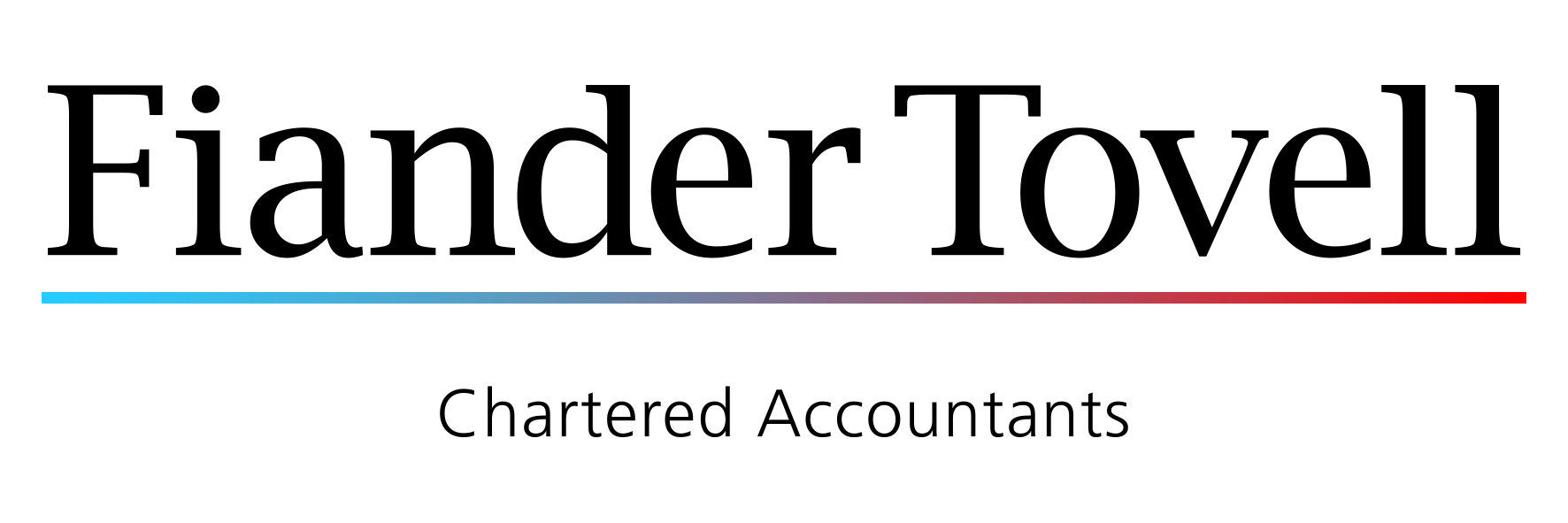The arrival of January can only mean one thing – the countdown to Self Assessment is ON. With just a few weeks left to file and pay your personal tax return by midnight on 31st January, we thought we’d share some of our key tips to help navigate the deadline.
Self Assessment may seem like an intimidating prospect if you haven’t started yet, but you’re not alone. HMRC data showed that 49,317 people filed their tax return over the New Year bank holiday! However, if you didn’t kick off 2024 with a completed tax return by your side, don’t worry – we’re here to help.
Understanding Self Assessment
Self Assessment is the Government’s income tax collection system, typically used by taxpayers who are selfemployed, landlords or classed as a high earner. If any of the following applied to you between 6th April 2022 – 5th April 2023 (the 2022/23 tax year), then you will need to file and pay tax via Self Assessment:
- you were self-employed as a ‘sole trader’ and earned more than £1,000 (before deducting anything you can claim tax relief on)
- you were a partner in a business partnership
- you received rental income in excess of £1,000
- you had a total taxable income of more than £100,000
- you have to pay the High Income Child Benefit Charge.
There are also some other circumstances which may mean you need to file a tax return, such as:
- tips and commission
- income from savings, investments and dividends
- foreign income.
Are your records accurate?
The key to a smooth Self Assessment deadline is confidence in your own records from the tax year – HMRC could impose penalties for any errors they identify! If you have up-to-date, organised records of all your financial information, then filing a tax return shouldn’t bring any issues to the surface. Don’t forget, our team is on hand to help ensure that your records are completely accurate.
Don’t forget to claim for expenses where possible
Can you save tax on some expenses from the past year?
For example, if you’re self-employed, then don’t forget to calculate your total allowable expenses for the tax year and add these to your Self Assessment tax return. These must be comprehensively documented and justified to ensure that you comply with HMRCs guidelines. Allowable expenses include :
- office costs, e.g., stationery or phone bills
- certain travel costs
- some clothing expenses, e.g., uniforms
- staff costs, e.g., salaries/subcontracting
- things you buy to sell on, e.g., stock or raw materials
- financial costs, e.g., insurance or bank charges
- costs of your business premises, e.g., heating, lighting, business rates
- advertising or marketing, e.g., website costs
- training courses related to your business.
It’s important to note that if you claim the £1,000 tax-free ‘trading allowance’, then you are not able to claim allowable expenses as well. Therefore, a decision must be made about which route is more tax efficient for you and your business.
Landlords can also claim various expenses relating to the property or the £1000 property income allowance.
Worried about paying your tax bill?
If you’re worried about affording your tax bill, don’t let your finances get out of hand or risk penalties for late payment. Whilst you may not be in a position to make a part or full payment by 31st January, you may be able to enter into a Time to Pay arrangement. This will allow you to pay off your latest Self Assessment tax bill in instalments.
Something to consider…
You may want to consider a Budget Payment Plan ahead of the next Self Assessment deadline. This allows you to make monthly or weekly payments towards your next tax bill, so that you’ll have less to pay when the deadline comes around. To use the Budget Payment Plan, you must be up to date with your previous Self Assessment payments.
At Fiander Tovell, we’re on hand to help you navigate Self Assessment as smoothly as possible. For further advice, please do not hesitate to get in touch with a member of our team on 023 8033 2733.

